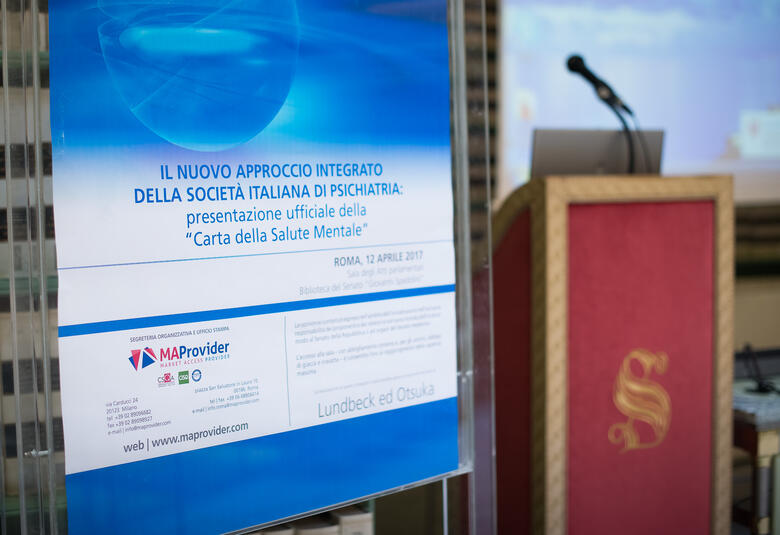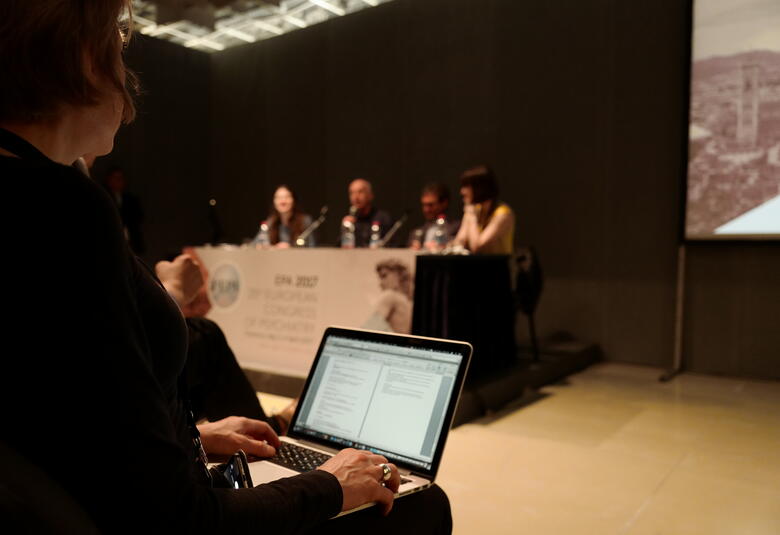
An interview with Stephen McLeod-Bryant, University of Miami Miller School of Medicine
Professor McLeod-Bryant runs a twenty bed acute psychiatric unit. Conditions are tough treating schizophrenia at a public hospital in Miami.
What are the biggest challenges in your experience of treating people with schizophrenia?
Lack of resources, medical, psychiatric and social. The people we see have little of anything. I work in a public hospital. Patients are typically uninsured, or at least underinsured. They are mostly unemployed. The majority are homeless or living in transient accommodation. So it is difficult to provide the evidence-based treatments that we know could help them.
I rarely see a first episode psychosis patient: these people are chronically affected by the disease. Some come to the Emergency Room knowing they are having difficulties feeling safe on the streets. Others are brought to us by the police under involuntary circumstances or come through the courts through the jail diversion programme having committed offences such as shoplifting.
Adherence is a major problem. To the extent that is possible we use depot antipsychotics. We educate patients about the importance of staying with their medication, and we encourage them to come to follow-up appointments. We have some forms of financial assistance that may be able to help with costs, and a discount card for the hospital pharmacy.
Are you able to make a difference to people’s lives?
What we can offer is medication management and crisis stabilisation, and putting people in touch with social and other services that can help outside hospital and provide disability insurance. Better integration of primary and psychiatric care may be improving things.
I want to believe that we make a difference to people’s lives. But there is no system of data gathering, so it is difficult to quantify. I know that I see some patients multiple times even within a year -- despite our best efforts and those of others.
Heaven forbid, but some of those who I do not see again may have fallen victim to suicide or murder on the streets.

